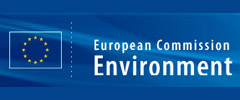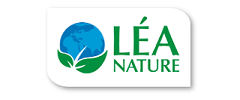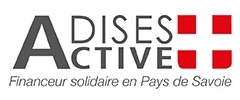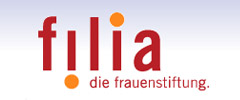The Millennium Development Goal for Water and Sanitation Has Been Met!
In a recent report, UNICEF and The World Health Organisation (WHO) have announced that Millennium Development Goal 7c has already been achieved
19.03.2012 |Unicef

Since 2010 the access to safe drinking water and sanitation has been recognized by the UN General Assembly as a basic human right. This enhanced priority status of one of our most basic resources for life has most likely led to greater cooperation between actors on various regional and societal levels. As a result, many people around the world are enjoying improved health conditions and well-being.
This positive piece of news and the efforts of the international community are most certainly to be celebrated. Nevertheless, the report also outlines the areas that still need to receive further attention. According to the published findings and achievements, significant global disparities still exist. The issue of safe drinking water, sanitation and hygiene has traditionally been associated and discussed along the global North – South axis. Whereas lack of improved sources for water and sanitation are still an everyday reality in many of the least developed countries in the world, some other trends are also occurring. The country in the world accommodating the greatest number of people without access to this vital resource is actually also the second biggest economy in the world – China. There, 119 million people are still not able to enjoy the right for safe drinking water. Other countries sharing similar trends are India (97 million) and Nigeria (66 million). In total, there is an estimate of still 780 million people living without access to safe
drinking water.
Another characteristic of further disparity among the different global regions is namely the issue of sanitation. Even though since 1990, 1.8 million people in the world have gained access to improved sanitation, the gap between different countries still remains rather large.
The lack of improved and sustainable access to water and sanitation is also a gender equality issue. One of the regions facing the greatest challenges is Sub-Saharan Africa. There, and naturally also elsewhere, the burden of water provision falls most heavily on girls and women.
In addition, due to lack of proper sanitation in schools, many girls would also miss their classes when menstruating.
Children are also particularly vulnerable to poor quality of water, sanitation and hygiene. More than 3000 children die daily due to diarrheal diseases, 80% of the cases are related to lack of safe water and sanitation. Needless to say, all of the above can be prevented if there is a strong international will and determination to assure everybody’s right for a healthy life and well-being. The UNICEF and WHO report surely presents very encouraging and satisfying results. Nonetheless, there is still much more to be achieved.
Safe Water and Sustainable Sanitation for All - WECF implements decentralised, safe sustainable and affordable sanitation systems for rural areas and promotes in particular access to safe water and sanitation for schools. WECF raises awareness and mobilises citizens for sustainable water and wastewater management and promotes community based and affordable water supply systems for rural areas without a centralised drinking water supply.
Further information on WECF activities in these field Water and Sanitation.Donate to WECF to support our campaigns!

Related News
Calling for periods free from plastic & hazardous chemicals
Letter to Frédérique Ries, MEP, European Parliament on behalf of the #BreakFreeFromPlastics movement
04.09.2018
Together for sustainable sanitation and water security worldwide!
Stockholm, 26-31 Aug 2018: WECF participated in the World Water Week 2018 to further support the worldwide implementation of SDG 6
01.09.2018
Fifth meeting of the Expert Group on Equitable Access to Water and Sanitation, 26 - 27 June 2018
WECF shares experiences on developing and implementing Equitable Access Action Plans
27.07.2018
National Round Table and Training on Drinking Water Issues and Priorities in Macedonia
Working Package 2 – Educational measures for responsible institutions and drafting of regulations, among the on-going project „Water and Sanitation Safety Planning in Romania, Albania, and FYR Macedonia”
27.07.2018
Training for Teachers on Water and Sanitation Safety Planning
Women in Development and WECF organise a 2-day workshop in Shkodra region, Albania
27.07.2018







































